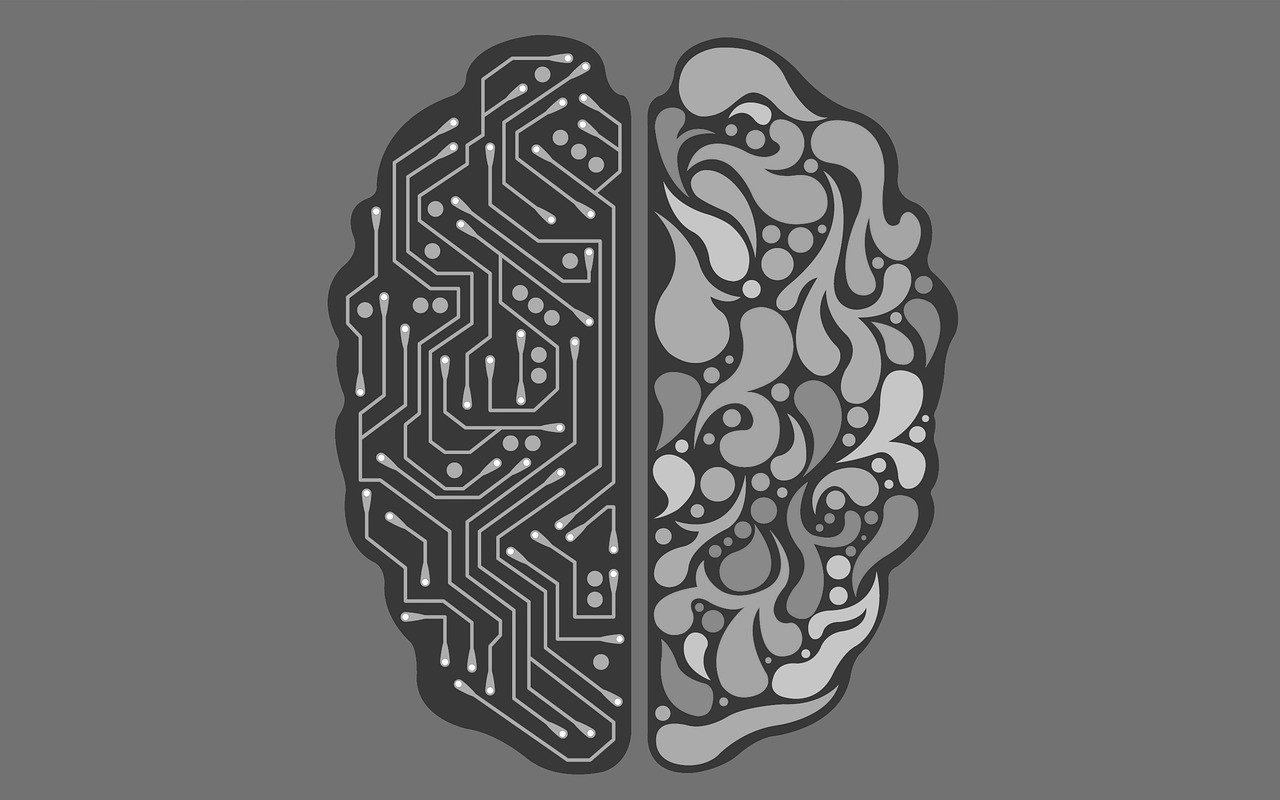
Sports teams and organizations are increasingly turning to AI to help them analyze player performance and gain a competitive edge. With AI, teams can collect and analyze vast amounts of data on player performance, including physical metrics such as speed, strength, and agility, as well as game-related data such as shots on goal, passes, and interceptions.
Using this data, coaches and trainers can gain insights into player strengths and weaknesses, identify areas for improvement, and develop personalized training and conditioning programs. AI can also be used to track player injuries and predict the risk of future injuries, helping teams to manage player health and minimize downtime.
In addition, AI is being used to improve fan engagement and the overall viewing experience. For example, broadcasters can use AI to generate real-time statistics and graphics, providing fans with a more immersive and interactive experience.
While the use of AI in sports analytics has the potential to revolutionize the way teams train and compete, there are also some challenges and ethical considerations to consider. For example, there are concerns about the privacy and security of player data, as well as the potential for algorithmic bias to perpetuate social inequalities.
